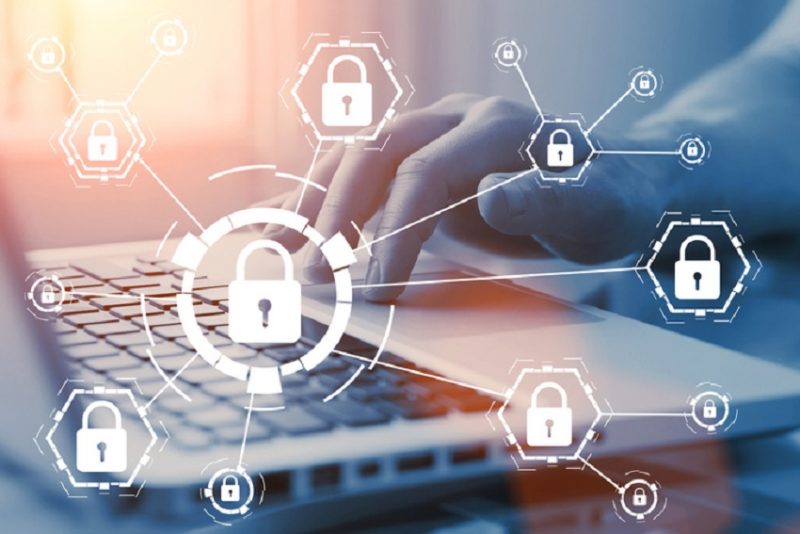Your business operations run smoothly because you took the time to think about creating the office and your services. Keeping them safe from hard may also be a concern. Proprietors, after all, don’t want to lose hard work to someone’s violation. Get proactive, and develop security measures to protect what you’ve created. The following are five protocols worth considering.
1. Hard Drive Destruction
Companies burn through devices. After several years, laptops, tablets and other gadgets become outdated or overused, leading to a pile of unwanted tech. Some of it could sit in a corner. Others are likely to head to the trash.
A major issue with this last action, though, is security breaches. Wipeout hard drives before you get rid of a device. People can access those hard drives, obtaining information that should remain private. If you’re unsure of how to do this work with places that specialize in recycling electronics. They take the machinery and clear it for you.
2. Office Cameras
Know who is coming and going from the facility. The camera is a protective lens that gives you eyes on your valuables when you aren’t around (and that isn’t possible 24/7). Employees who know cameras are present are unlikely to take things or trespass into sensitive areas.
If something happens, the camera offers a glimpse at who or what is responsible. Place them near your security-sensitive zones.
3. Cyber Security Software
Hackers are more likely than burglars, so you have to arm your business against both. Online threats could steal ideas or personal data. Cybersecurity software fights these break-ins, giving you an additional safeguard from violates. If you work with a company for continuous maintenance and upgrades, you receive additional assistance in combating online problems.
4. Internet Policies
Employees may surf the net while at the desk. While breaks are important, be sure to explain what searches aren’t permissible on the premises. Heading to certain sites or saying things on social media could be a problem for the operations. Create a standard policy, and remind employees not to use their personal phones around sensitive information.
5. Password Rules
Account passwords are what many hackers use to enter online programs. It’s essential to change them frequently and use unpredictable combinations. Establish a protocol for how often passwords should change and what types of combinations should be used. Your cybersecurity staff could help in this area too.
Arm your staff and building with the tools needed to stay safe online and in the office. It’s important to know how to act why those behaviors are important to the establishment and customers.
